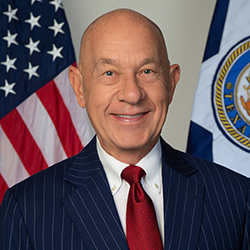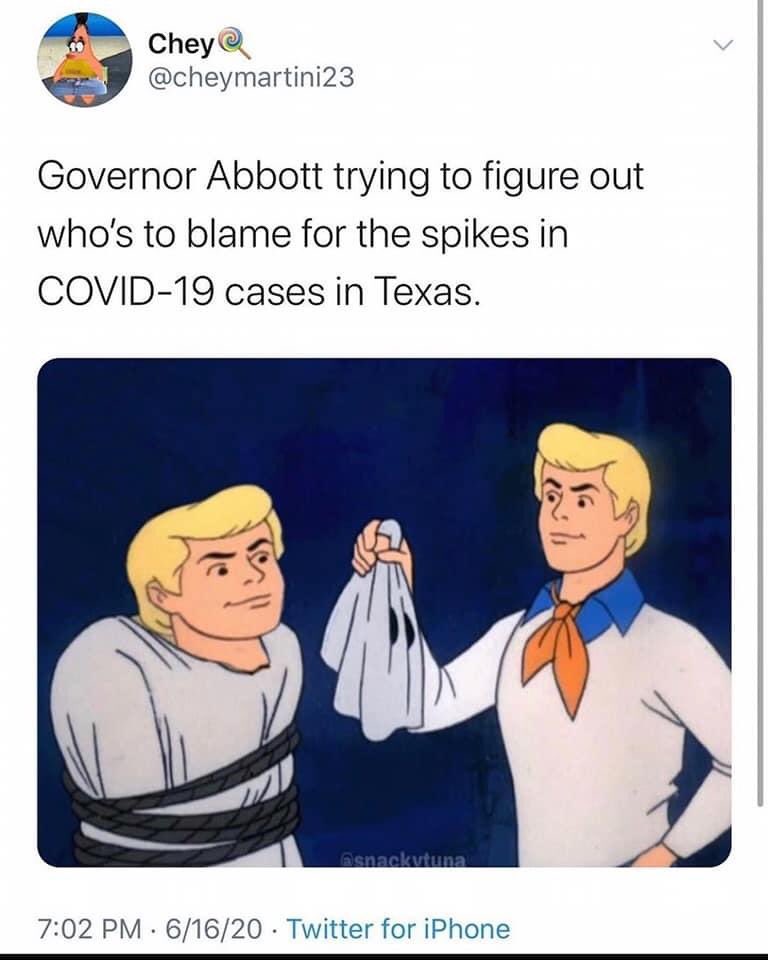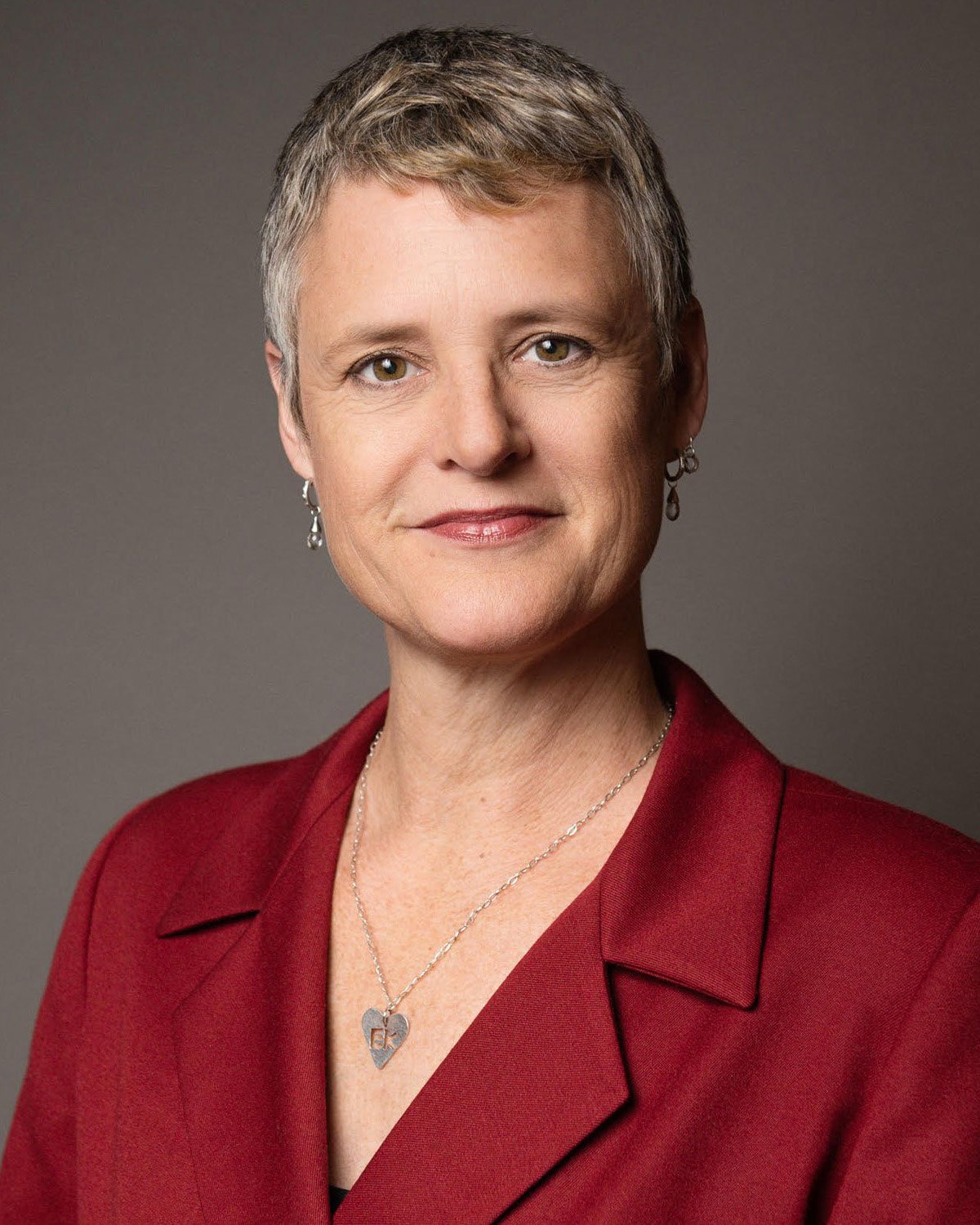“Eisenhower saw the Interstate as a nation-building project, and in one sense he was right—but that vision came at the expense of the cities it was meant to serve. If there is freedom on the open road cutting through America’s wide open spaces, there is only oppression where the road muscles its way into America’s cities. The speed that annihilates distance between cities collapses into gridlock inside them.”
“The White, non-immigrant, LGBT community, need to understand this government is in the process of dehumanizing others, and we need to be vigilant about that. Because if they get away with it, then we could be on the chopping block next. We need to stop fixating on marriage and pay attention to the goons in the cars picking people off the streets.”
“As many as 10 million additional people could get TB, and 2.2 million could die by 2030 in high-burden countries under the worst-case funding scenario over the next five years, researchers report in the journal PLOS Global Public Health. Even if funding [cut by the Trump administration] is fully restored in a matter of months — a scenario that seems unlikely — the researchers estimate half a million more cases and nearly 100,000 more deaths by the end of the decade.”
The story of Mondo Duplantis, the greatest pole vaulter the world has ever known.
I didn’t know there were such things as solar canals but there are, and they make a lot of sense.
“The very group that helped Trump win in 2024 is no longer firmly in his column. Their 2026 votes are in play.”
“I was witnessing, for lack of a more succinct description, competitive sauna–ing.”
“In reality, targeted violence is neither spontaneous nor impossible to anticipate. It is planned violence. And most perpetrators give off warning signs about their intent, often noticeable well in advance to people around them. Those “red flags” mark a window of time for potentially life-saving intervention by knowledgable experts.”
“I have never seen as monumental a disruption in agriculture as we’re experiencing now.”
“We celebrate the humans who looked at powerful AI systems and thought, ‘You know what this needs? Less testing, more ambition, and definitely no safety protocols!’ These visionaries remind us that human creativity in finding new ways to endanger ourselves knows no bounds.”
“As far as getting major AI firms to pay up, not to mention the hundreds of smaller firms that are also scraping, RSL is clearly an aspirational effort, and I doubt the first step here is for Meta or OpenAI to instantly cave and start paying royalties to WebMD. Combined with the ability to use services like Cloudflare and Fastly to more effectively block AI firms, though, it does mark the beginning of a potentially major change.”
RIP, Robert Redford, actor, director, founder of the Sundance Film Festival, Oscar winner for Ordinary People.
RIP, Bobby Hart, songwriter for The Monkees and many other groups.
Here are forty things you might not know about The Golden Girls.
“Here, in one story, we find both the most common and insidious form of “political violence,” and we find a potential antidote to it.”
“If today’s playlists are engineered to maximize clicks and keep you in a listening loop, compilation CDs were the opposite. They were finite and curated, embodying a kind of guided discovery that was once serendipitous and culture-defining. You’d buy it for one or two songs, only to stumble upon artists you wouldn’t have sought out on your own”.
“When fewer people can get abortions, property crime rates go up, a new working paper out Monday suggests.”
“The notion of “evil” is an intriguing one. There’s no question that Regina Retina has a … let’s say, clear vision of how she’d like things to be. In this, she follows in the tradition of violent, intrusive makeovers pioneered by Queer Eye—which, naturally. But if I could push back a smidge, I’d like to suggest that her vibe is less evil and more stunt queen. She simply has a flare for drama!”
“Tesla’s ‘self-driving’ software fails at train crossings, some car owners warn”. Thanks to the AI Darwin Awards for the tip.
Congratulations to Robinson Cano for getting his 4,000th career base hit as a professional baseball player. He’s now officially the 22nd player to do so. See here and here for more.
What Ta-Nehesi Coates says.
We watched the season premier of High Potential on Wednesday night, after recording it on the DVR on Tuesday. There were promos for the Jimmy Kimmel show for later that night that ran during the commercial breaks. Guess we won’t be seeing any more of those anytime soon. Please, tell me again about how cancel culture has been running rampant.
“The Great Might-Have-Been of the Constitutional Convention”.
“Can you believe we are now forced to say, on Al Gore’s internet, in the year of our lord 2025, that Karl Rove has some good points and is showing a backbone?”
“The only bulwark left is for Congress itself to stand up and assert its authority — but for political reasons, those that are in power in Congress either are unwilling or unable to do so. And so when the president asserts that he can use authorities in unprecedented ways — which is another way of saying he can do things that are illegal because no one can force him to stop doing those things — that is simply what’s happening at all fronts.”
“If You Don’t Already Know Heman Sweatt’s Name, It’s Time to Learn It”.
Happy Fat Bear Week to all who celebrate.
So where are all the self-proclaimed “free speech warriors” now?
“What a lot of people don’t understand — and, to be honest, I doubt that Donald Trump even understands this — is that you can’t pull ABC’s FCC license. The network itself does not have an FCC license. Affiliate stations have FCC licenses (although, ABC does own a few affiliates). Ultimately, that was the reason that Kimmel was suspended: not because Brendan Carr threatened the FCC license of ABC, but because he threatened the licenses of those affiliates.”
“A perfectly calibrated Swiss watch of cringe.” Go watch some Fawlty Towers, possibly the best sitcom ever.
“Björn Borg’s life after tennis“. A good read whether or not that name means anything to you. And that photo of him celebrating another Wimbledon win is iconic.
I did not know that the Bobbie of “Me and Bobbie McGee” was based on a real person, but she was, and this is her story. It’s pretty cool. I also did not know that the likes of Roger Miller and Gordon Lightfoot did covers of it before Janis Joplin did, and it was Lightfoot who indirectly introduced the song to Joplin. ANd now I recommend you listen to Sierra Ferrell’s cover of it, recorded last month at Red Rocks.






















